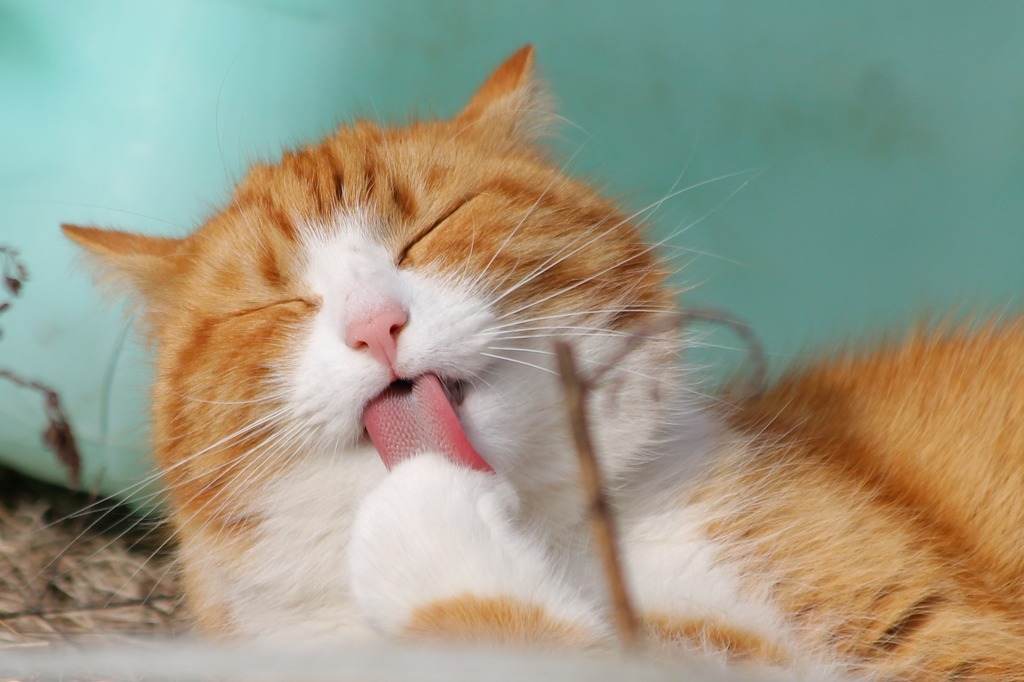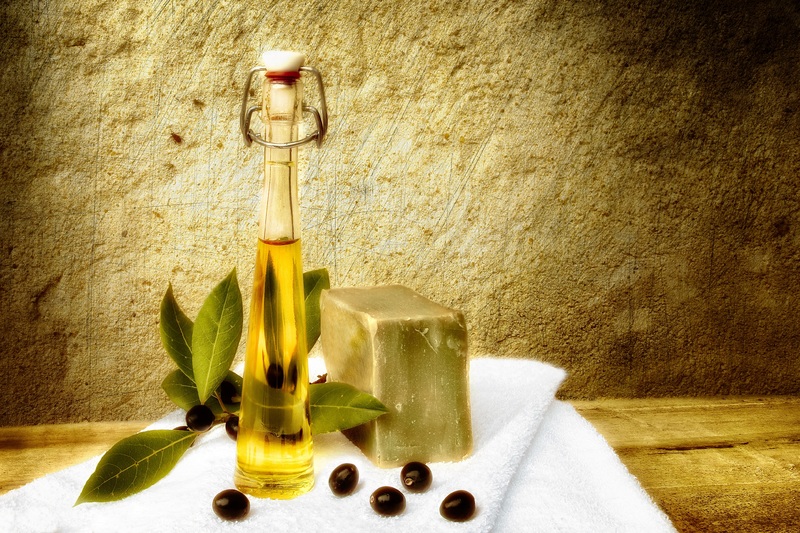Olive oil is known as a superfood because of its multiple health benefits to humans. However, there has recently been some curiosity as to whether or not it’s good for cats. Many cat owners have also mentioned that their cats seem to be obsessed with the smell and taste of olive oil. In this article, we take a closer look at the potential benefits and risks of giving your cat olive oil.
First things first, cats and humans have completely different digestive systems and bodies. So if something is good for you, it doesn’t necessarily mean that it’s good for your cat too.
Before giving your cat any unusual food first check with your local vet to find out if it’s safe for your cat’s health. It’s always good to assess your cat’s health on a regular basis to know for certain what nutrients/vitamins they might need.
What exactly is olive good for?
Olive oil for weight loss in cats
We all know that obesity is a serious health concern amongst both humans and animals. Obesity in cats occurs when the cat eats more than its body can expend. This imbalance can cause a number of health conditions such as high blood pressure, diabetes and even reduce the cat’s lifespan.
If your cat is overweight you might want to look into adding small doses of olive oil to his/her diet. Olive oil is a great natural laxative for cats and will help your cat shed off those pounds quicker. Make sure that they eat four small meals and encourage some physical activity.
Olive oil for softening and moisturizing fur
Olive oil also acts as a great moisturizer, especially for dry and itchy skin. If your cat has flaky or dry skin olive oil can easily relieve these symptoms. It’s ideal to use during bath time and the olive oil can act as a conditioner. Use a small amount and gently massage it in your cat’s fur before rinsing out with. This also works at a great advantage when your cat is trying to get rid of a fur ball.
Great for helping them cough up fur balls.
Now that we have discussed using olive oil on your cat’s fur we can talk about those dreaded fur balls. Cats groom themselves by licking their bodies, so inevitably they will swallow fur. After some time the fur accumulates and it becomes rather annoying to their digestive systems.
If you have already used olive oil to moisturize your cat’s fur they are very likely to easily get rid of their furball. If not, then try adding half a teaspoon of olive oil to your cat’s food, this will allow him to comfortably throw up the fur ball.
Olive oil for constipation
There may be days where your cat refuses to eat or drink anything, this could possibly mean that he/she is constipated. To help alleviate constipation try a tablespoon of olive oil, this should do the trick. Olive oil helps to ease bowel movements making it easier for your cat to do its job.
However, if it’s the first time you’re giving your cat olive oil then start off with a very small dosage. Reason being, your cat might not be very tolerant to olive oil and this could result in diarrhea. Once your cat has gotten more used to olive oil you can gradually increase the amount given. Just make sure that it’s not more than a tablespoon at a time.
How much olive oil should you give your cat?
Certain cats love olive oil while others seem to be quite neutral on the liquid. Giving your cat olive oil daily isn’t a good idea because it can cause a slight irritation in the digestive system. This could lead to your cat having an upset stomach and not feeling too great.
Typically speaking it’s okay to give your cat olive oil once or twice a week in moderation. Just make sure that you do not exceed more than a tablespoon per serving. If your cat doesn’t like olive oil than serve him sardines soaked in olive oil.
When is olive oil not good for cats?
If you have a cat that is diabetic you should stay away from olive oil. The main reason for this is because olive oil actually increases insulin sensitivity in cats. There might be a possibility that future complications might arise.

